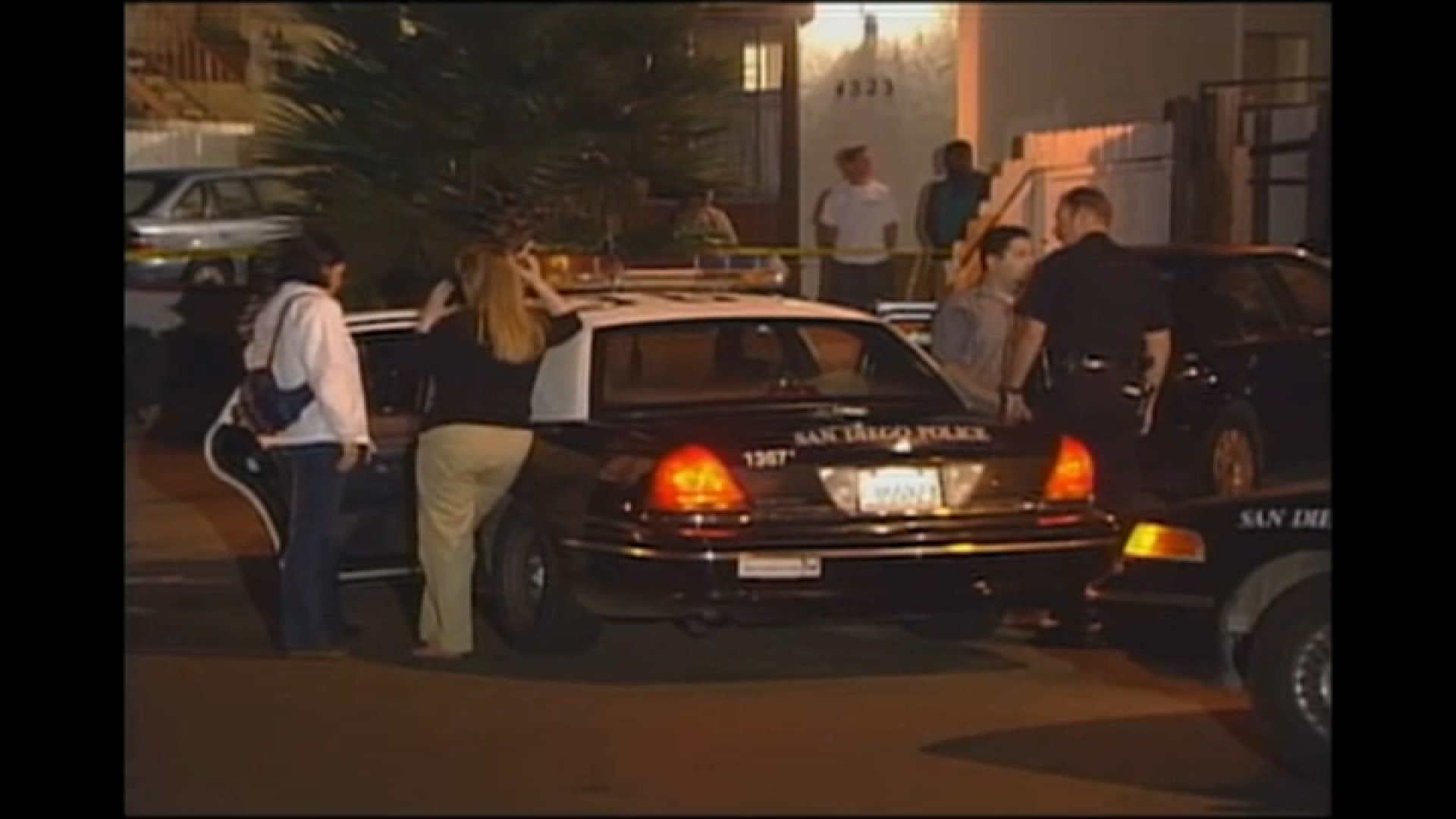The life of late pilot Jerrie Cobb – America’s first-ever female astronaut candidate – was filled with ups and downs in a time in history where sexism kept her from reaching the stars, despite her skills.
"One of the most remarkable things about her story is that no one knows her story," said actress Morgan Hallett, who portrays Cobb in a new play about her life, currently on stage at The Old Globe in Balboa Park.
Hallett, who last appeared in The Old Globe's "Time and the Conways," steps on stage eight times a week as Cobb in "They Promised Her the Moon."
The play, written by Laurel Ollstein, tells the true story of Cobb’s life and career.
Cobb passed away in March at age 88 following a brief illness; her death was confirmed for the first time on Thursday.
In 1961, Cobb became the first woman to pass astronaut testing, outperforming many male candidates. The pilot was one of the Mercury 13, a group of 13 women who passed the strenuous physical testing to become astronauts.
However, the Mercury 13 never went to space; NASA had already appointed its Mercury 7 astronauts, all men, despite the women's qualifications.
Local
Even though Hallett plays Cobb, she only learned of Cobb's incredible story once she picked up the script for the play -- much like the many people now learning of Cobb's accomplishments following her death.
"The fact that someone had accomplished so much at a time when women accomplishing things was kind of a big deal...it's kind of amazing that in 2019, we still don't know who she is and who the rest of the women who were involved with the Mercury 13 are," Cobb said.
Instead of becoming an astronaut, Cobb became a consultant for NASA's space program. Despite her shy nature, Hallett said, she was vocal about the frustrations she faced.
NASA dismissed her one week after she commented: "I'm the most unconsulted consultant in any government agency."
Cobb ended up testifying in 1962 before a Congressional panel, a year after she passed the test to become an astronaut. "They Promised Her The Moon" playwright Laurel Ollstein used many of these excerpts from the Congressional panel verbatim.
For many audience members, Hallett said, hearing some of the overt sexism is jarring.
"For men in the audience, often it's quite astonishing to hear men that they idolized, perhaps, men of their age, and their opinions and attitudes toward women and women specifically in the space program," Hallett said. "I think sometimes just hearing those quotes, hearing what people actually felt and said, is pretty eye-opening."
"You think, 'There's no way, people didn't really say that, people didn't really think those things,' but sometimes the truth is more appalling than fiction," Hallett added.
In her testimony to a special House subcommittee on the selection of astronauts, Cobb said the women of Mercury 13 only wanted a place in space "without discrimination."
Cobb's story serves as an inspiration to many who see it unfold live on stage. But for some audience members, Hallett said, it also serves as an eye-opening reminder for how far society still has to go.
"This is a very positive and uplifting play in a lot of ways, in most ways, but I do think there is that seed of: this is what happened and it was a real tragedy and we have to keep our wits about us, because it's still happening in certain ways," Hallett said.
Cobb's story became all the more awe-inspiring to Hallett when she learned in rehearsals how shy and soft-spoken the pilot was throughout her life. Cobb did not like the limelight and shied away from attention and notoriety.
"It makes it amazing, it terms of what she accomplished," Hallett said.
But Cobb pushed all that side to fight for what she loved and what she believed in, oftentimes going against big institutions like NASA and society's sexism. In some cases, media outlets went as far as writing out her measurements.
"I want people to walk away knowing [Cobb's] story, because it is an incredible story and a story we should know and should have known for a long time," Hallett said.
More importantly, Hallett said, she hopes audiences and readers alike realize that Cobb is not alone. Throughout history, there have been many stories like Cobb's story, even outside of space and flying.
"I mean women in history who's stories have not been heard, have not been told, have not been recorded even, because they weren't deemed important, because they weren't the men, they weren't the ones who ultimately probably succeeded or got notoriety," Hallett said.
"There's a lot of Jerrie Cobbs out there, and Jerrie Cobb is one of them," she added.
At the end of it all, Cobb was dealt a devastating blow: she was never able to pursue her dream and become an astronaut. Cobb became a humanitarian aid pilot in the Amazon jungle, though she followed developments in space for many years.
It took years for NASA to fly a woman in space. Sally Ride became the first American woman in space in 1983, over two decades after Cobb passed the test with flying colors.
But despite the set-backs, Cobb kept going and found happiness in other ways, Hallett said, and she helped break down the barriers for women to come.
"She's not the only one," Hallett said. "Hopefully, there will be many Jerrie Cobbs to come, and hopefully, the doors are open a little bit wider for them."
"They Promised Her The Moon" runs through May 12 at The Old Globe. You can buy tickets here.



